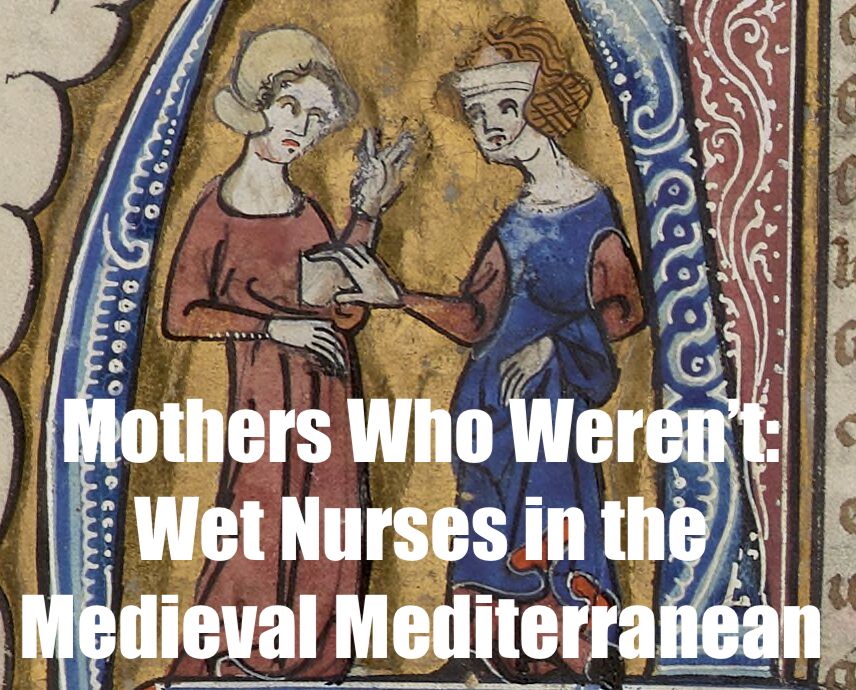
"The mother's traditional role as first teacher of virtue and religion began with suckling. It's no wonder, then, that later medieval scholars and preachers, lawmakers and citizens all took a keen interest in regulating a practice as intimate as nursing."
"After the Black Death, as wages for labourers increased, Christian families in Iberia and Italy increasingly opted to use slaves for wet nursing instead of hiring free women."
"Contracts to hire free women as wet nurses, from Jewish and Christian communities in Barcelona, provide some first clues to the undesirability of the day-to-day life of a wet nurse."
"The short contract terms suggest the difficulty in finding someone willing to commit for longer periods, indicating the challenges faced by wet nurses in medieval times."
The article discusses the historical significance of mothers as early teachers of virtue through breastfeeding, highlighting the societal interest in nursing regulation. It reveals that wet nursing was often a low-status and underpaid occupation, especially after the Black Death, when families began employing slaves over hiring free women. Contractual agreements for wet nurses reveal the short-term nature of their employment, reflecting difficulties in securing longer commitments. The article also details how families monitored the morality of wet nurses by having them reside in their homes.
Read at Medievalists.net
Unable to calculate read time
Collection
[
|
...
]